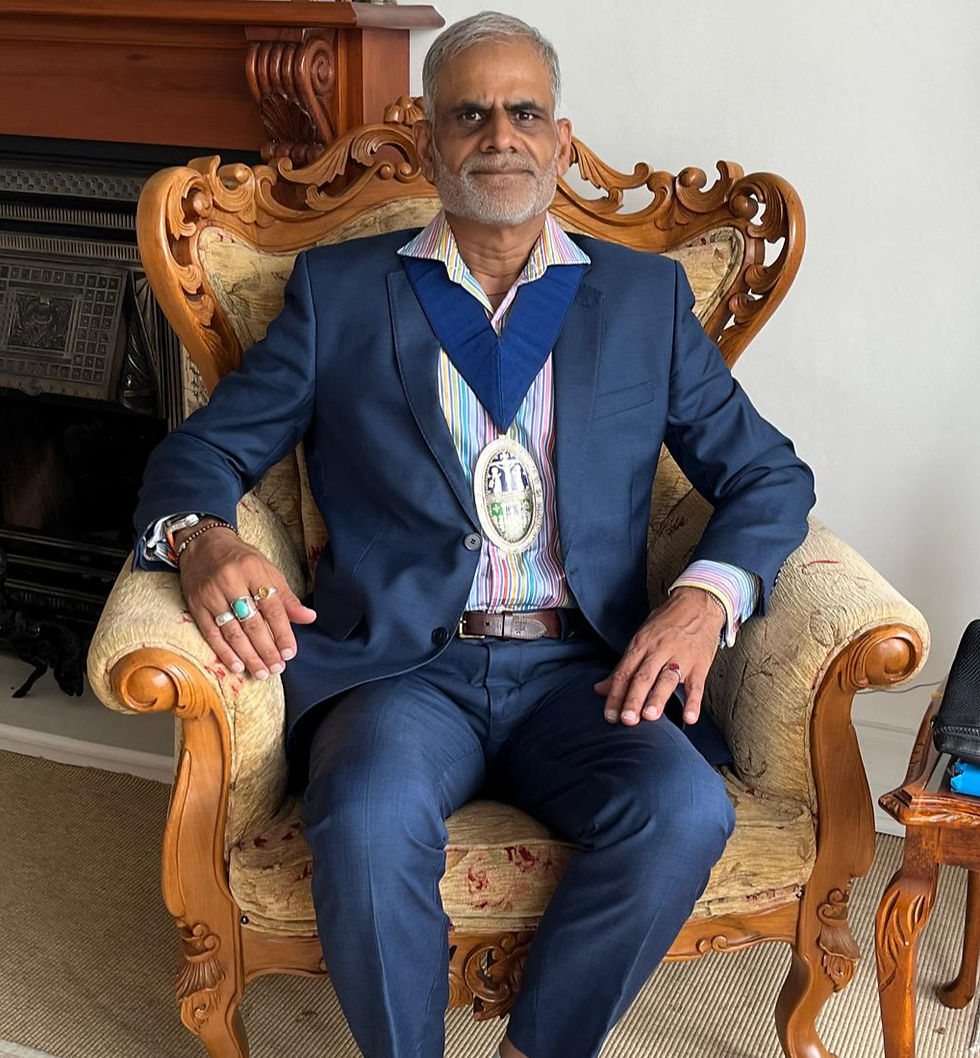Leading for Belonging: An Urgent Requirement in Schools Today
- thenuanceblogs
- Sep 20, 2025
- 2 min read
The theme for National Inclusion Week 2025 is #NowIsTheTime. It is a timely call to action that resonates strongly with those of us in school leadership. We are reminded that inclusion cannot remain an aspiration for tomorrow; it must be a priority for today.

The Leadership Imperative
In the current climate, where schools face significant pressures—whether financial constraints, accountability demands, or societal division—there is a temptation to see inclusion as an “add-on.” The theme of #NowIsTheTime directly challenges this mindset. It reminds us that inclusion is not a distraction from core business; it is the foundation of resilience, sustainability, and success.
Urgency: The educational landscape is shifting rapidly. Governors and leaders have a duty to ensure our schools reflect the diversity of our communities and provide an environment where all pupils and staff feel genuine belonging. Delaying this work risks entrenching inequity.
Resilience: Schools that embrace inclusion weather challenges better. A culture that values every pupil, parent, and member of staff fosters trust, loyalty, and long-term stability. In times of national and global uncertainty, inclusive practice is not only morally right—it is strategically wise.
Practical Action: Words alone will not shift culture. Leadership must translate intentions into policies, structures, and behaviours that embed inclusion in daily practice: recruitment, curriculum, staff development, governance, and community engagement.
Why Now?
The emphasis on “now” reflects a wider context. Across sectors, we have seen backlash against equity, diversity, and inclusion initiatives. Simultaneously, the Employment Rights Bill 2024 offers a legislative framework to strengthen inclusive practice in workplaces. Schools should not wait for mandates. As leaders, we must demonstrate that education is proactive in building communities where inclusion is lived, not promised.
The Role of Governors and Leaders
Governors and senior leaders are uniquely placed to drive this agenda. Inclusion must be a strategic priority—monitored, resourced, and reviewed with the same rigour as safeguarding or attainment. This is not about symbolic gestures but about embedding inclusion into the DNA of our institutions. The choices we make now will shape whether our schools are places where all can flourish or where some continue to feel excluded.
As we mark National Inclusion Week 2025, I leave you with this challenge for reflection at board tables, leadership meetings, and staffrooms alike:
What deliberate actions can we take—today and every day—to ensure that inclusion is not a policy on paper, but a culture in practice across our schools?
I write this as Bailiff for King Edward VI Schools in Birmingham and as Chair of Handsworth Wood Girls’ Academy



Comments